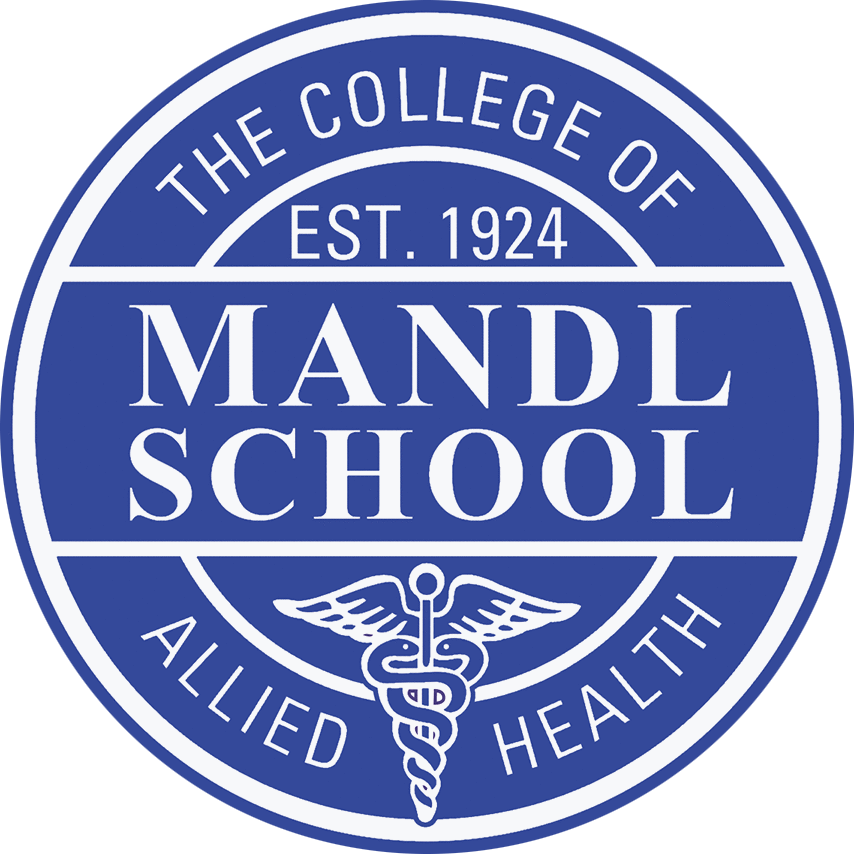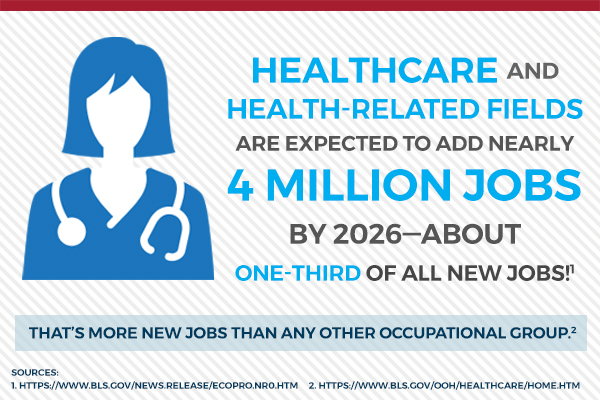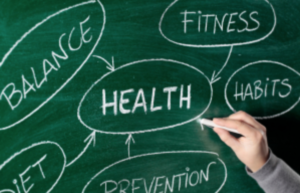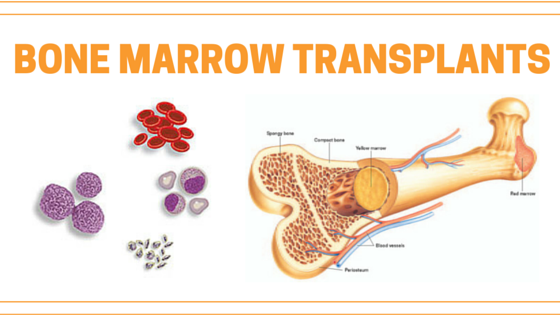Earn your Health Care Administration Degree at Mandl School.
Earning a Health Care Administration degree can lead to a rewarding and potentially lucrative career as a health care administrator or manager in the fast-paced health industry. Demand for health care is rising, creating exciting job opportunities across the United States.
Employment.
Associates Degree in Healthcare Administration programs provide students with the skills that are necessary for them to acquire entry-level employment in the healthcare industry. For the most part, individuals who acquire an Associates Degree in Healthcare Administration are rewarded with quick access to an array of entry-level healthcare administration job opportunities.
Earn impressive starting salaries.
According to https://work.chron.com, those who earn associate degrees in health care administration become health care administrators, or medical and health services managers, as the U.S. Bureau of Labor Statistics classifies them. Health care administrators work in hospitals, nursing homes, outpatient care centers and clinics. They oversee all operations in these facilities, managing their budgets and developing growth strategies for increasing revenue. Health care administrators with associate degrees can earn starting salaries averaging nearly $70,000 annually.
Mandl Career Services can help.
Mandl Career Services department is focused on helping graduates find the best possible jobs and career paths. Health care administrators can earn higher starting salaries working for different types of facilities, especially those in which medical and health services managers earn more such as specialty hospitals, cancer and cardiac care facilities and surgical hospitals. Health care administrators may also earn more in larger medical facilities, which typically have more financial resources to support their higher salaries.
Job Outlook looks great.
The BLS projects a 22-percent increase in jobs for medical and health care managers, faster than the 14-percent average for all occupations. Increases in demand for medical services should boost jobs for health care managers and administrators, especially as the comparatively large baby boom population ages. Applicants will likely find more available jobs in doctors’ offices and nursing homes as medical technologies improve.
Contact Mandl School.
Contact Mandl School about our Health Care Administration degree program, We will talk to you about getting started, Career Services and much more. Call 212-247-3434 to speak with a Mandl representative today or fill our form and we will get back to you right away.
 Mandl School
Mandl School







